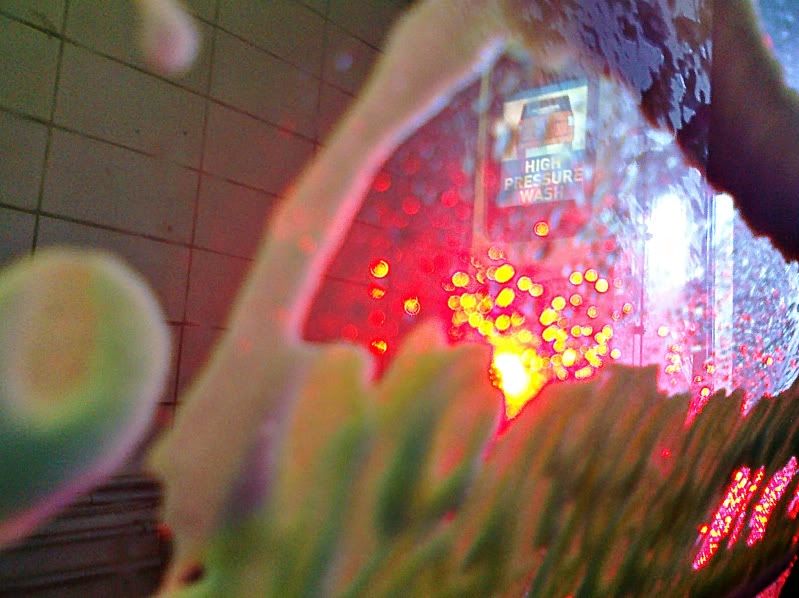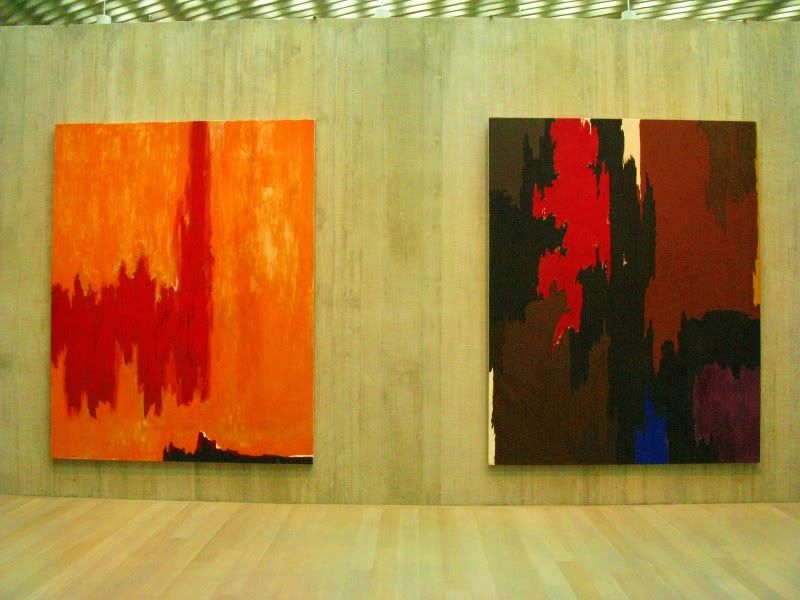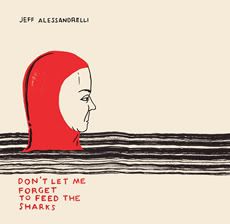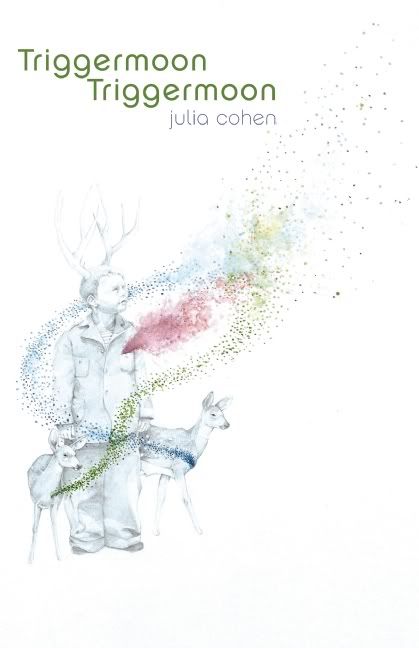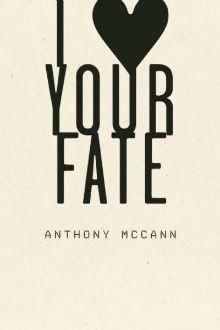But there's a parallel world attached to this worldWhich are these paths drawn thinly down through the woodsAnd I meet you there now under the bridgeWhere we hear the snow sing snow songs to itself (21)
McCann's poems, indeed, are parallel worlds where "the snow sing snow songs," which in turn allow us, through the confluence of sound and the imagination (i.e. the acoustic-image), to sing our own songs while reading each of them. "But there's a parallel world there under the snow," and in the parallel world below the world parallel to our world, there is "grass thinking snow thinking snow thinking snow" (21): a thought below worlds of song twice removed.
Perhaps the most compelling actualization of this idea poetic-concept-world occurs in the poem "In the Visitors' Locker Room." The poem begins:
Now imagine the vagina
Picture the unfolding of the
Buttery vulva
Picture the swollen wrinkly lips
The shiny pulsing clit (60)
There is the world of the reader (and writer), then there is the world parallel to that world in the poem and it's filled with an "unfolding... / Buttery vulva." The worlds stimulate a vision within the reader's mind: specific, clear, and isolated. But it is also a world attuned to (vagina) song in the internal rhyming of "imagine" and "vagina" and the half rhyme of "lips" and "clit," as well as the assonance of "Picture...wrinkly lips / ...shiny...clit." But, once in this world, we are asked to go elsewhere into another world:
And then picture the world
A parking lot
In the desert
Wind
The rumble and rattle of traffic
The day's last light
Darkness settling
Over the pumps
You are a traveler
You are entering
The glass cube
Of this Chevron station (60-61)
The abrupt shift between worlds is made all the more drastic through the juxtaposition of two disparate images: the close-up of a vagina contrasted against the desolate but panoramic Chevron station and its "parking lot / In the desert." The other shift, of course, is that the reader (i.e. "You") has enter the poem world; no longer a disembodied sexual organ, we now see ourselves actively participating:
Your hand is on the door handle
You are pulling open the door
The little bell is jingling
And you remember nothing else
Not where you are from
Nor where you are going (61)
This world, then, becomes so focused and so all-consuming that we no longer remember where we are from or where we are going. Likewise, the fact that our actions are so simple, contain such basic imagery, and are relatively innocuous enable most readers in the modernized world to connect with them. And just as we're settling into this new, banal, precise-but-less-than-overwhelming world:
So that this wonderful vagina
Has become even more appealing
And you can touch it with your nose
And you can wiggle your nose in it
And then you can kiss it (61)
We return to the vagina, but this time we are going down on it. One would assume, given the claim that we "remember nothing else" beside the Chevron station in a desert, the poem is having a bit of fun at our expense, or at least pulling us out of our modern petrol reverie and reminding us of our sexual longings; but moreover, reminding us that even while we're deep within one world, there is a parallel world existing alongside it, whether we think of it or not. And that world is filled with the repetitive songs of an "And you can" anaphora. But, yes, the worlds shift again:
Meanwhile in the world
A scraggly little animal passes
It scurries through the lot
All dust and twigs (62)
And then, another world within an already other world:
And on television
The one over the gas pumps
Kobe Bryant
Is talking about his father
He is speaking very slowly (62)
And then worlds begin to intersect and revelations present themselves to us:
And you listen very carefully
Which is when you learn
That the most important thing
in this game
is to win
this game
And that this
Kobe Bryant
Has never forgotten (62)
We figure that that game Kobe Bryant refers to is basketball, but what game must we win? And why has Kobe "never forgotten" this, but we can "remember nothing else" besides our hands pulling a door handle and little bells jingling? Why all these worlds? Not surprisingly, we are told:


